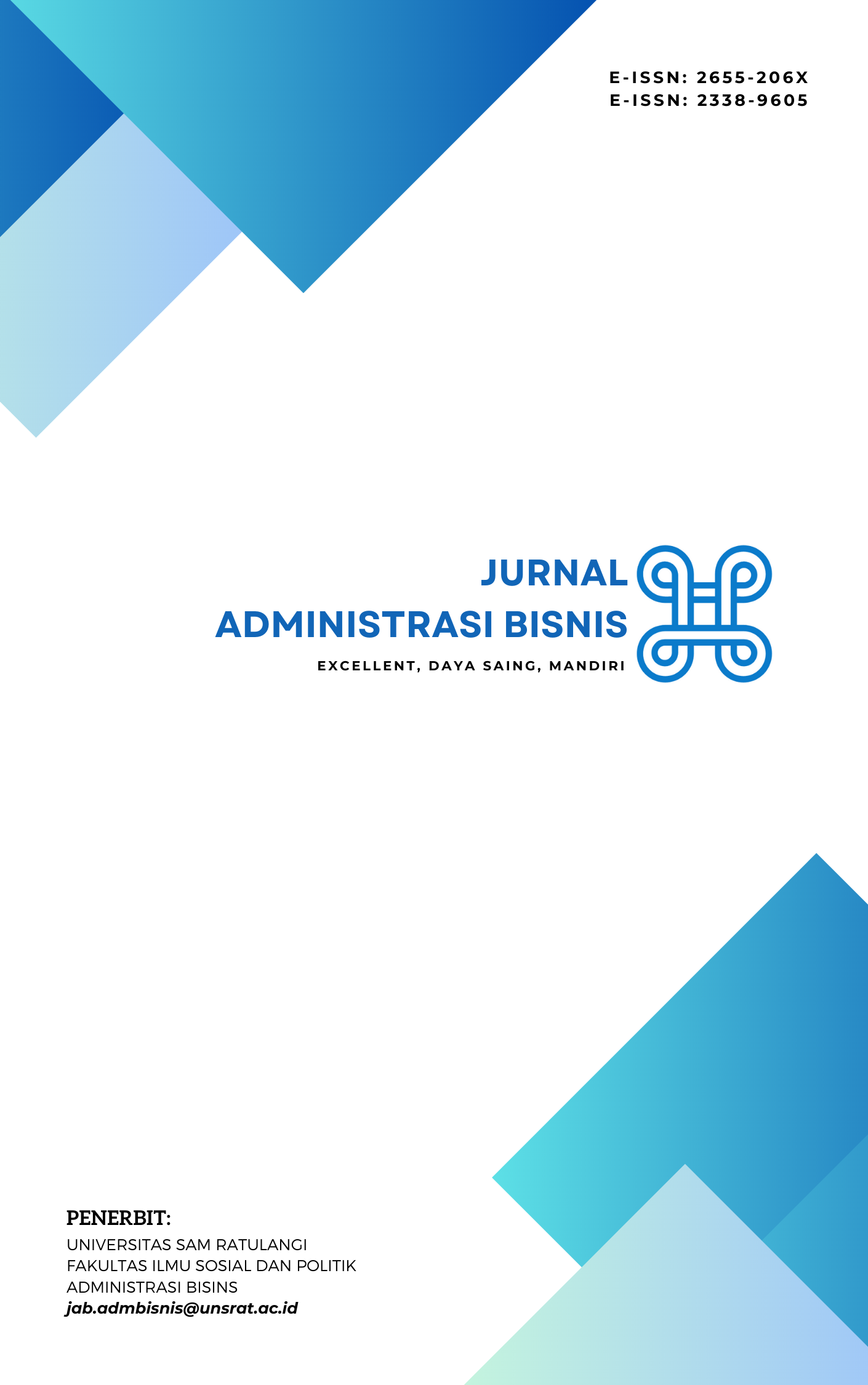Efektivitas Penerapan Kebijakan Subsidi Bahan Bakar Minyak
DOI:
https://doi.org/10.35797/jab.13.1.43-49Keywords:
consumption, demand, producer, subsidy, supplyAbstract
Fuel oil subsidies are the main alternative for governments in developing countries, especially fuel-exporting countries, to strengthen domestic industrial development. Through this subsidy policy, fuel oil can be accessed by the wider community at a relatively low price and can encourage various businesses. However, the implementation of this subsidy policy leads problems in the distribution of welfare. This study aims to demonstrate the negative effects of the fuel subsidy policy using qualitative methods. The fuel subsidy policy must be reviewed because it is not on target to help the poor, hoarding fuel stocks, scarcity of fuel stocks in the domestic market and unstable fuel prices in the country which ultimately disrupt various business activities.
References
Abelson, P. 2012. Public Economics: Principles and Practice, 3rd edition, McGraw-Hill, Sydney.
Asian Pacific Energy Research Centre 2022. APEC Energy Overview 2022, APEC.
Chelminski, K. 2018. Fossil fuel subsidy reform in Indonesia. In: Skovgaard, J, van Asselt, H (Eds.), The Politics of Fossil Fuel Subsidies and their Reform. Cambridge University Press, Cambridge, pp. 193–211.
CNBC Indonesia 2022. BPS: Ekspor Maret US$ 26,5 Miliar, Melonjak 44,36%, https://www.cnbcindonesia.com/news/20220418093502-4-332338/bps-ekspor-maret-us--265-miliar-melonjak-4436, 6 Nov 2022.
Creswell, J. W. 2014. Research design: Qualitative, quantitative, and mixed methods approaches (4th ed.), Sage Publication, California.
Dawe, D.C. 1993. Essay on Price Stabilization and the Macroeconomy in Low-Income Countries, University Microfilms International, USA.
Dennis, Allen 2016. Household welfare implications of fossil fuel subsidy reforms in developing countries, Energy Policy, 96 (2016) pp. 597-606.
Gans, J.S., King, S.P. dan Mankiw, N.G. 2012. Principles of Microeconomics, 5th edition, Harcourt Brace, Sydney.
Huili Zhang, Ran An dan Qinlin Zhong 2019. Anti-corruption, government subsidies, and investment efficiency, China Journal of Accounting Research, Vol. 12, Issue 1, March 2019, pp. 113-133
Ichsan, M., Lockwood, M. dan Ramadhani, M. 2022. National oil companies and fossil fuel subsidy regimes in transition: The case of Indonesia, The Extractive Industries and Society, 11 (2022) 101104.
Liadze, I., Macchiarelli, C., Mortimer-Lee, P., Juanino, P.S. 2022. The Economic Costs of the Russia-Ukraine Conflict, NIESR Policy Paper 32, Date: 2 March 2022, National Institute of Economic and Social Research, London.
McTaggart, D., Findlay, C. and Parkin, M. 2012. Economics, 7th edition, Pearson, Sydney.
Nurprianto, R. 2001. Inefisiensi Pertamina: karakteristik subsidi atau metode yang salah? (Inefficiency of Pertamina: characteristic of subsidy or wrong method?), Pemeriksa no. 8, Oktober-Nopember 2001, 6-7.
Rahman, A., Dargusch, P., dan Wadley, D. 2021. The Political Economy of Oil Supply in Indonesia and the Implications for Renewable Energy Development, Renewable and Sustainable Energy Reviews, 144 (2021) 111027.
Sihombing, J.C. 2022. Kenaikan Harga BBM: Jahat atau Sepakat..???, https://www.djkn.kemenkeu.go.id/kpknl-sidempuan/baca-artikel/15373/Kenaikan-Harga-BBM-Jahat-atau-Sepakat.html, 9 Nov 2022.
World Bank 2009. Global Economic Prospects 2009: Commodities at the Crossroads. World Bank, Washington DC see pages 110 to 112.
Downloads
Published
How to Cite
Issue
Section
License
Copyright (c) 2023 Program Studi Administrasi Bisnis Univeristas Sam Ratulangi

This work is licensed under a Creative Commons Attribution-NonCommercial-ShareAlike 4.0 International License.



